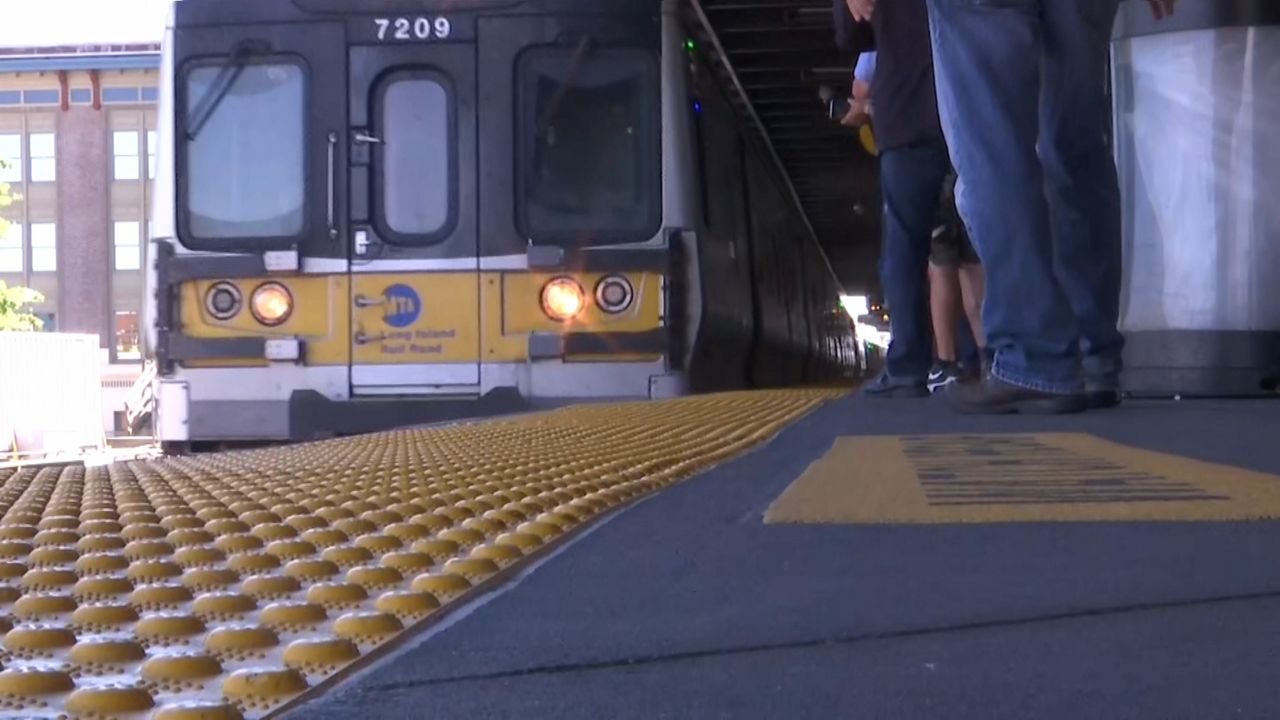Subway and bus riders may be on the losing side of the election.
“There’s no fairy godfather for transit coming out of this election," said Nicole Gelinas, who writes on urban economics and infrastructure policy at the Manhattan Institute.
Facing a $12 billion deficit because of the pandemic, the MTA was hoping Democrats would take control of the White House and Congress, and approve a bailout.
The MTA says the money is needed to prevent fare and toll hikes, and cutbacks that would cause delays and overcrowding.
While Joe Biden is inching closer to winning the presidency, Democrats might be blocked from wresting control of the Senate.
“I don’t think we should put a lot of stock into the idea that Biden really likes trains, and so the MTA will get the rescue package that it’s asking for," Gelinas said. "I do think we’ll get something.”
The coronavirus caused transit ridership in New York and around the country to plunge. Eight months after the pandemic began, subway ridership is still down 70%.
Without the full aid package, the MTA has threatened to slash transit service by 40%, cut commuter rail service in half, and raise fares and tolls higher than it had planned.
It will offer more specific details later this month.
The MTA says there can be no local or national economic recovery unless the transit system is running properly, with MTA spokesman Tim Minton adding, "We are desperately seeking $12 billion in federal funding to keep the lights on, as the economic health of the country depends on it.”
For now, the MTA is trying to borrow $3 billion from the Federal Reserve as a stopgap.
"They're trying to move money around to forestall those cuts for as long as possible, but at some point something's got to give and the federal funding has to come through," said Rachael Fauss, senior analyst for Reinvent Albany, a good government group.
New Yorkers may have to pay in other ways to keep trains and buses running without federal help.
"State government is going to need to make some hard choices too," said Lisa Daglian, director of the Permanent Citizens Advisory Committee to the MTA. "Increasing the gas tax is one way to bring in some additional funds. increasing the sales tax, looking at unappealing choices for making new fees and new taxes."
One worry is that higher fares and service reductions could be self-defeating, by keeping fare-paying riders from fully returning to mass transit for years to come.



